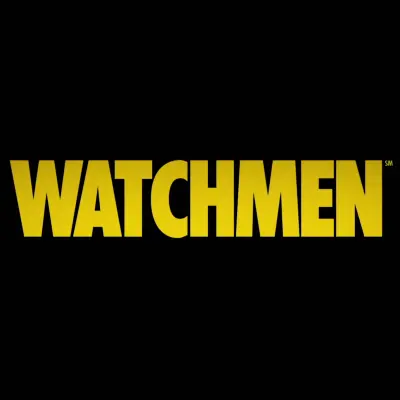From Watchmen to His Dark Materials to Dickinson: The mark of a great adaptation isn’t how faithful it is, but how many risks it takes
-

"Our small screens, like our big ones, will soon be overtaken by remakes, reboots, transmedia universe expansions, and intellectual property mining of every permutation," says Jack Hamilton. "Two of these are currently airing on HBO, the same network that brought us Game of Thrones: the joint BBC One/HBO adaptation of Philip Pullman’s His Dark Materials trilogy, and Damon Lindelof’s reworking of Alan Moore and Dave Gibbons’ Watchmen. Both literary works are widely considered masterpieces of their respective genres, and both have proven famously resistant to screen transition, as evidenced by the widely derided cinematic attempts of the decade prior. His Dark Materials is a relatively straight-ahead transposition of Pullman’s work; thus far, the only significant deviation from the arc of the trilogy has been to introduce the character of Will Parry (and, by extension, the existence of multiple worlds) much earlier than in the books. The show features a raft of terrific performances from its mostly British cast, and the visual effects are frequently stunning, even if the CGI Pantalaimon seems to spend about 90 percent of his time morphing between various colors of ferret. And yet while Pullman himself is credited as an executive producer, what the show misses most is his voice." He adds: "His Dark Materials also suffers for its proximity to Watchmen, which airs on the same network on an adjoining night. (Alan) Moore and (Dave) Gibbons’ work has long been viewed as impossible to extricate from its original context, with its shifts in chronology and perspective, its stories within stories, and, of course, the shape-shifting blue man to whom laws of time and space do not apply. Zack Snyder’s 2009 film was pathologically faithful to the book, less 'inspired' by its source material than haunted by it. Lindelof’s Watchmen sidesteps this by leaving Moore and Gibbons’ novel almost entirely to the side. The show’s story takes place more than 30 years later, in a world transformed by the comics’ final chapters. Lindelof and his co-writers have extended Moore and Gibbons’ story as a dazzlingly plotted Moebius strip about the past and present horrors of white supremacy." As for Dickinson, he says, "If there’s an image that most Americans have adopted of Emily Dickinson it’s as a reclusive shut-in confined to her bedroom, scribbling poems in the face of a world too inured by sexism and general Victorian-era conservatism to appreciate them. Elements of this are true, of course, but it’s hollowed out who Dickinson really was—a gap that Dickinson fills in exuberant fashion."
ALSO:
TOPICS: Watchmen, Apple TV+, HBO, Dickinson, His Dark Materials
